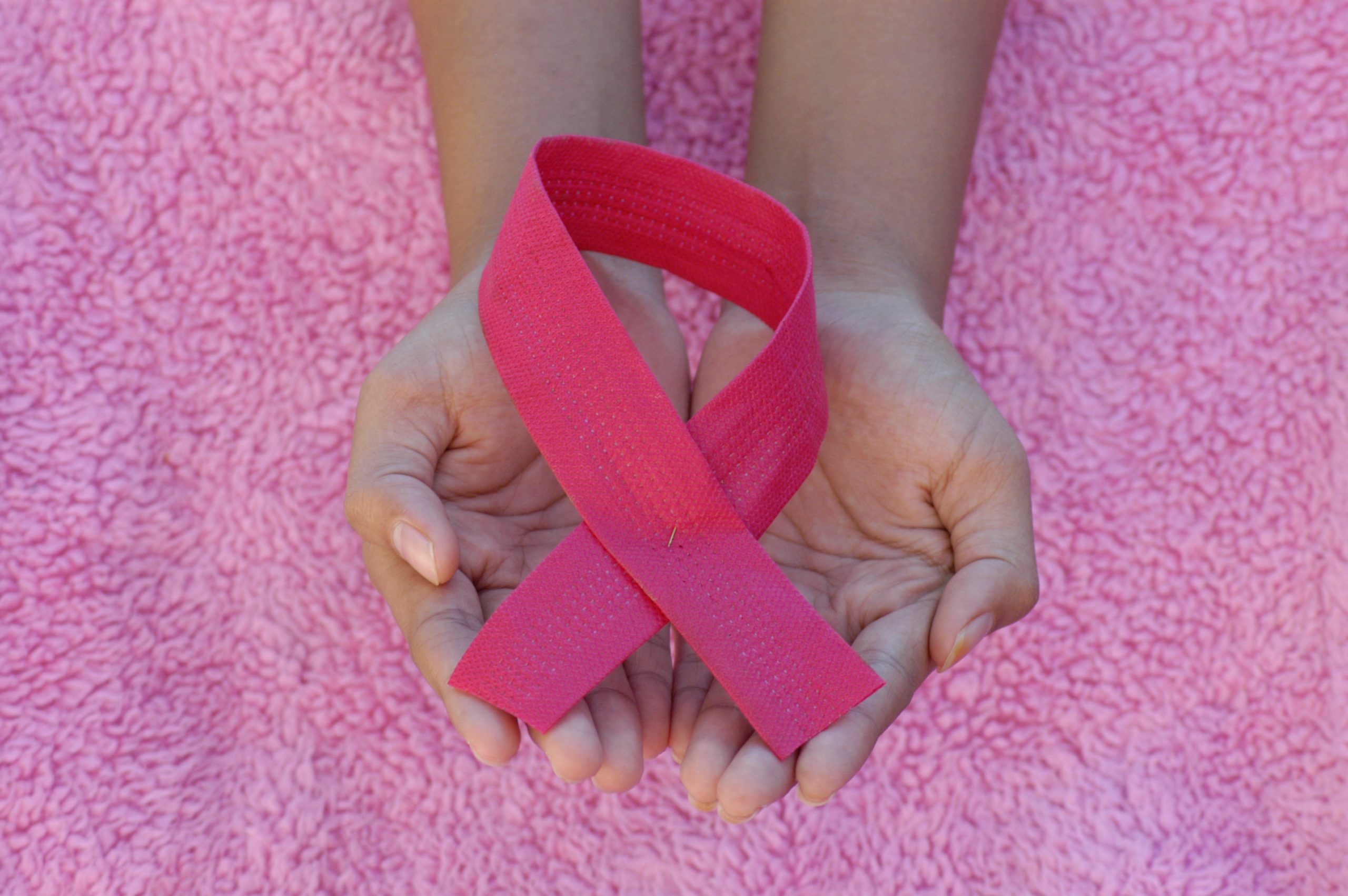
Lauren Dempsey, MS in Biomedicine and Law, RN, FISM News
[elfsight_social_share_buttons id=”1″]
Circulating tumor cells (CTC) may be a clue in determining how cancer cells metastasize. New research reveals that these cells may be influenced by the body’s circadian rhythm.
Nicola Aceto, a cancer biologist at the Swiss Federal Institute of Technology in Zurich, Switzerland, and co-author of the study explains that this research has made it clear that “tumors wake up when patients are sleeping,” adding that this is a “step forward” in understanding how cancer spreads “and steps forward are a good thing for patients in the long-term.”
Previous research has shown that those with a “disrupted circadian rhythm,” such as those that work night shifts or odd hours like flight attendants and nurses, are more likely to develop certain types of cancer. When evaluating cancers that metastasize, Aceto and his team found that levels of CTCs in mice with tumors changed depending on the time of day that their blood was drawn. This finding led the team to draw blood from 30 women hospitalized with breast cancer, once at 4 a.m. and then again at 10 a.m.
Almost 80% of the CTCs found were detected in the labs that were drawn at 4 a.m. Aceto describes the results from the blood results as surprising, especially “because the dogma is that tumors send out circulating cells all the time.” This led researchers to further investigate their findings.
The team grafted breast cancer tumors into mice and then tested the animals’ CTC levels at different times of the day. Mice have a circadian rhythm that is opposite of humans. They are most active at night and rest during the day. The researchers found that CTC levels in the mice peaked during the day at levels that were up to 88 times higher when the mice were resting.
The study authors write that “most of the cells that grew into new tumors were those collected when the mice were resting, suggesting that these CTCs are somehow better at metastasizing.” Chi Van Dang, a cancer biologist at the Ludwig Institute for Cancer Research in New York City, describes this finding as “striking,” explaining that this may mean healthcare providers should change how they track cancer progression. He said this research means “that the time of day you take a blood sample can give you misleading information.”
Researchers still aren’t sure how or why these CTCs are affected by the body’s circadian rhythm, specifically breast cancer cells. Aceto and his team think that hormones may play a role; however, more studies need to be conducted.
Qing-Jun Meng, a chronobiologist at the University of Manchester, UK, warns that this study isn’t a suggestion to alter sleeping patterns, saying that this research “simply means these cells prefer a specific phase of the 24-hour cycle to go into the bloodstream.”
According to the CDC, breast cancer is the second most common cancer in American women and, according to the WHO, accounts for 12% of all new annual cancer cases worldwide. Rates of breast cancer have increased by 0.5% each year. However, mortality rates have been on the decline. This can be attributed to early detection and improved treatment options.
